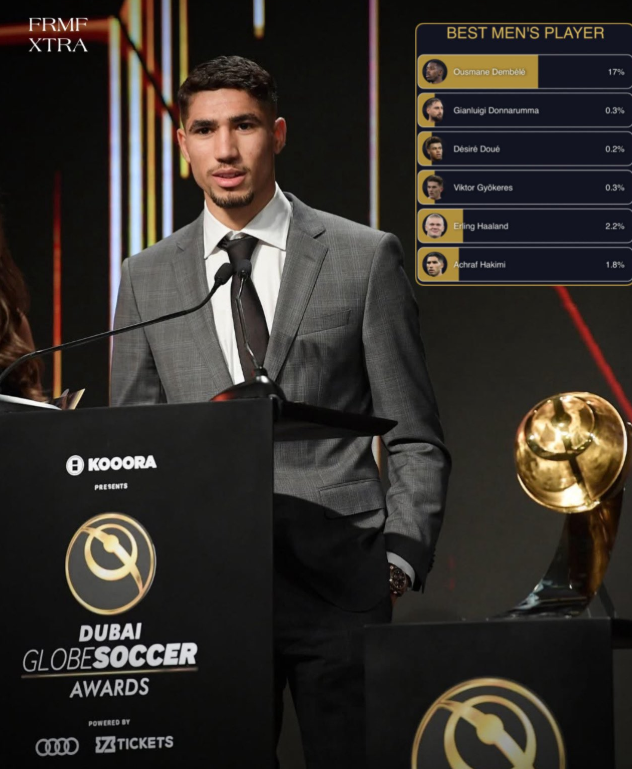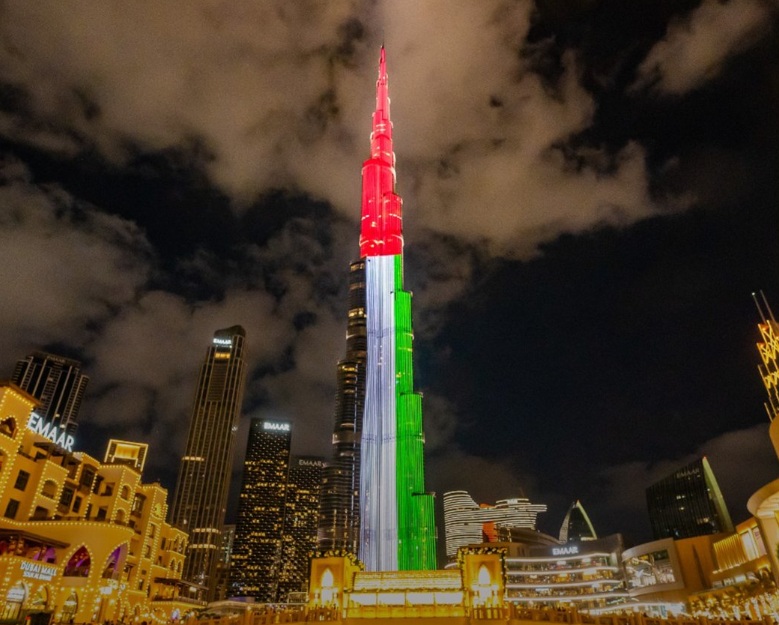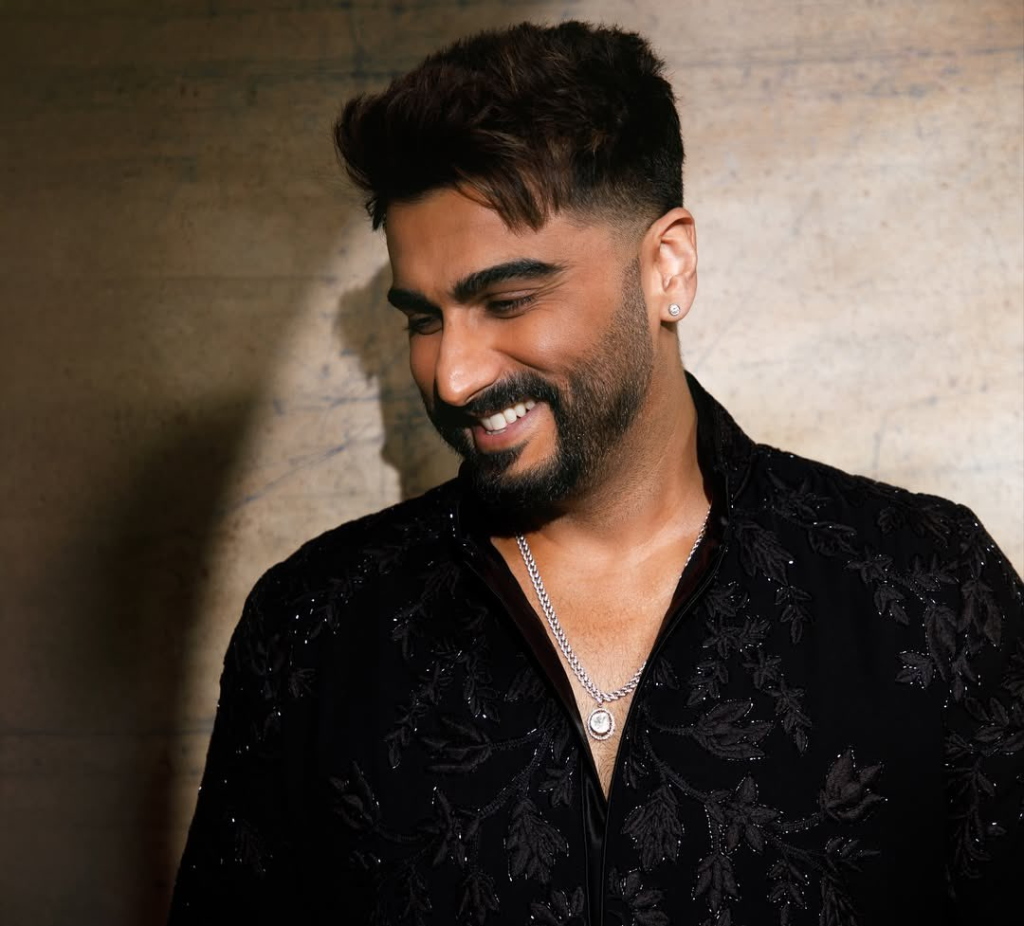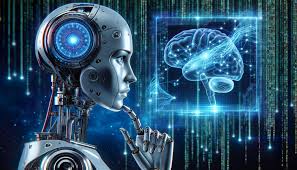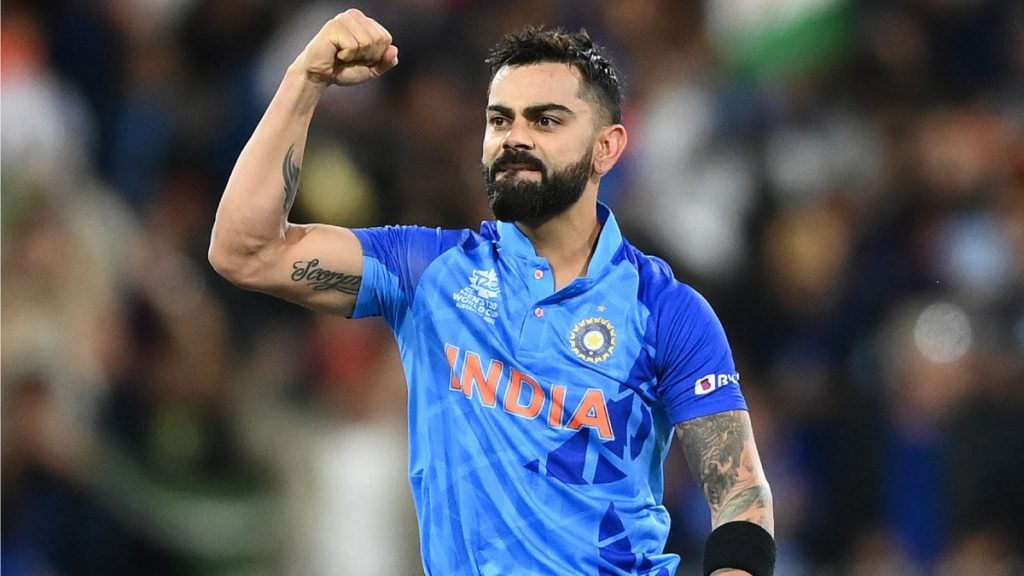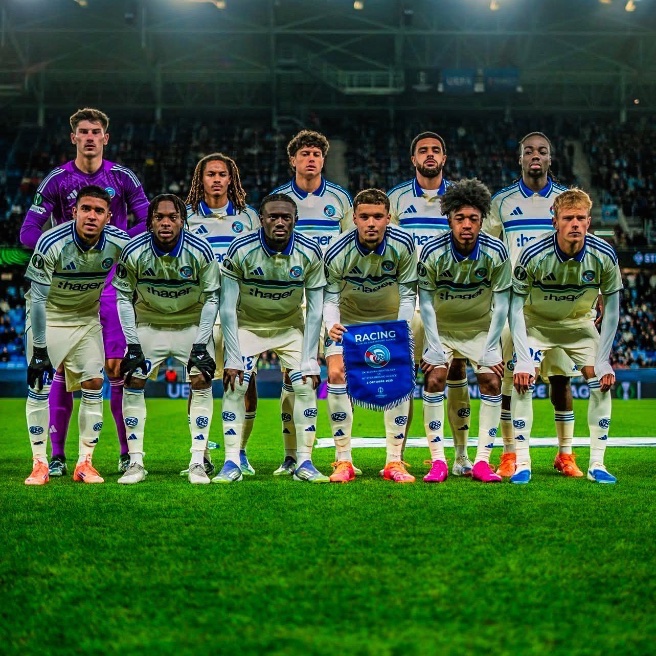Arteta’s Cautious AI Endorsement Sparks Media Sensationalism and Fan Pushback

Arteta’s Measured AI Take Turns into a Media Flashpoint
When Arsenal manager Mikel Arteta recently spoke about the use of artificial intelligence (AI) in football, his intention seemed modest a cautious acknowledgment of AI’s growing role in data analysis and tactical preparation. Yet within hours, headlines exploded: “Arteta Backs AI Revolution in Football,” “Robots to Replace Coaches?” and “Arsenal Manager Hints at AI Future.”

The result? A digital storm of media sensationalism and a split among fans some intrigued by the possibilities, others deeply skeptical.
What began as a nuanced discussion about technological progress quickly spiraled into an online debate about the future of football itself.
The Context: What Arteta Actually Said
In a post-match press conference following Arsenal’s narrow 2–1 win over Aston Villa, Arteta was asked about emerging technologies in football analysis. His response was cautious but forward-thinking:
“AI can help us understand data better, but football is emotion, intuition, and teamwork. Technology should support, not replace, the human side of the game.”
A balanced and thoughtful comment, right?
But in today’s click-driven media world, nuance doesn’t sell. Within minutes, tabloids and sports blogs repackaged his quote, twisting it into a narrative of AI takeover in football, a topic perfectly designed for viral traction.

How the Media Amplified the Story
The modern news ecosystem thrives on outrage and curiosity, and Arteta’s remarks provided both.
- Tech-focused outlets framed him as a forward-thinking visionary embracing AI.
- Traditional sports pundits painted him as a purist, warning against machines replacing passion.
- Social media accounts clipped his 10-second quote out of context, adding captions like “Arteta: AI Can Be Smarter Than Players.”
By the next morning, “Arteta AI comments” were trending on X (formerly Twitter), and sports talk shows were running heated debates about whether managers could one day be replaced by algorithms.
The irony? Arteta had never even implied that possibility.
Fan Reactions: Between Curiosity and Contempt
The Arsenal fanbase, one of the most passionate and digital-savvy in the Premier League, erupted into discussion.
Some fans saw potential in AI tools:
“If AI helps us predict fatigue or improve tactics, I’m all for it. Arsenal should be at the cutting edge,” tweeted one supporter.
Others were unimpressed:
“Football isn’t FIFA Career Mode. You can’t program heart, leadership, or grit,” another wrote.
The sentiment reflected a broader cultural divide between fans who embrace data-driven modern football and those who still romanticize the unpredictability of the game.
Why Arteta’s Words Matter
Arteta has long been seen as one of the Premier League’s most analytical minds, often compared to Pep Guardiola for his attention to detail. He integrates cutting-edge sports science, psychology, and video analysis into training.
However, his cautious endorsement of AI wasn’t about replacing people with algorithms it was about using technology ethically and intelligently.
In an era when clubs use predictive analytics to assess player fitness, scout opponents, and even simulate match outcomes, AI tools are already part of football’s fabric. What Arteta suggested was a balanced approach leveraging AI to enhance decision-making without losing the sport’s humanity.
But balance doesn’t make headlines.
The Bigger Picture: AI’s Rapid Infiltration into Sports
AI isn’t new to football. Clubs like Liverpool, Manchester City, and Brentford already employ advanced algorithms for data scouting and match prediction.
- AI-driven analytics help coaches visualize player heatmaps and positional tendencies.
- Wearable sensors track player fatigue and performance metrics in realtime.
- Machine learning tools analyze opponents’ tactical shifts across multiple seasons.
Yet, Arteta’s point that football is still about “emotion and intuition” resonates with purists who fear the soul of the game could be lost amid the numbers.
The debate mirrors similar tensions in other industries, from journalism to art where technology’s promise often clashes with the human touch.
Media Sensationalism: The Real Culprit
What this episode highlights isn’t Arteta’s position on AI but rather the media’s hunger for virality.
Sports journalism, especially in the digital era, rewards engagement over accuracy. A cautious endorsement easily morphs into a “revolutionary” headline. Every platform wants clicks, comments, and controversy.
In this ecosystem, even a mild comment like Arteta’s becomes fuel for algorithm-driven engagement ironically, the same algorithms that reflect the AI systems he was warning against.
Lessons from the Controversy
- Nuance doesn’t trend – Complex ideas often get reduced to viral soundbites.
- AI in sports is inevitable – The question isn’t “if” but “how” it’s used responsibly.
- Fans crave authenticity – Football’s emotional core remains its biggest strength.
- Media literacy matters – Readers must learn to separate hype from context.
Arteta’s remarks inadvertently became a case study in how both AI and human-driven media algorithms shape public perception.
The Human Touch That Data Can’t Replace
Despite the hype, even the most advanced AI cannot measure a player’s mental resilience, predict a last-minute goal’s emotional momentum, or replicate the chemistry of eleven players fighting for a cause.
As Arteta said, football remains “emotion and intuition” at its heart. Technology may sharpen analysis, but the roar of the crowd, the heartbreak of a missed penalty, or the ecstasy of a stoppage-time winner those are experiences no algorithm can code.
Closing Thoughts: A Mirror of Modern Football
Arteta’s cautious AI remarks and the media firestorm that followed serve as a microcosm of today’s football a blend of passion, progress, and polarized opinions.
The manager’s thoughtful approach invites an important question:
Can the sport that thrives on unpredictability coexist with technology designed to make it predictable?
As AI continues to infiltrate every aspect of the game, from scouting to broadcasting, perhaps the true challenge isn’t technological it’s philosophical.
Arteta may not have intended to start a revolution, but his words have sparked an overdue conversation about the soul of football in the digital age.

 English
English 


